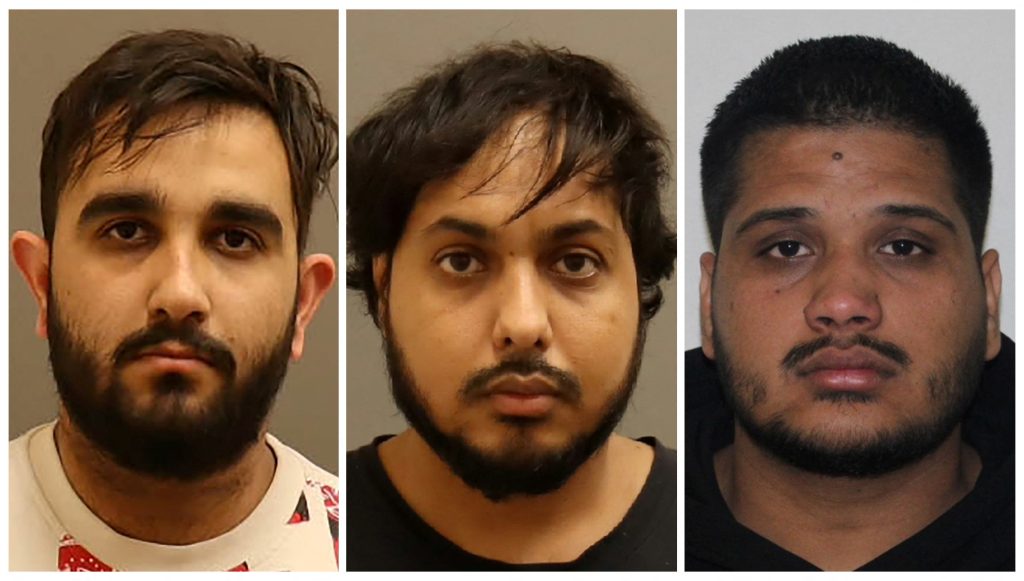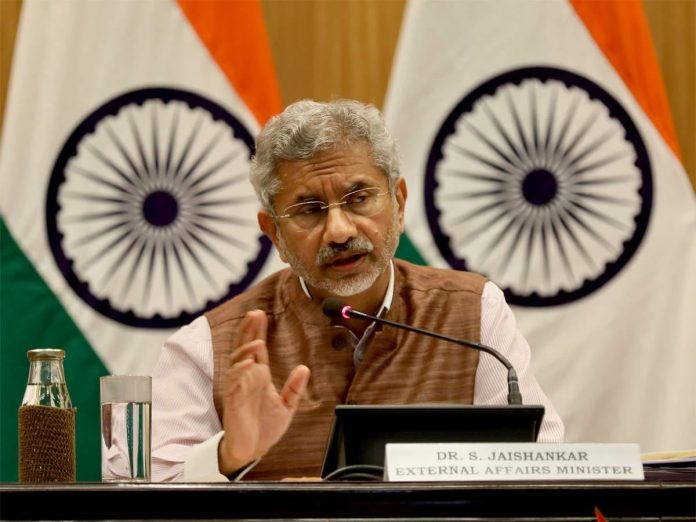India’s Foreign Affairs Minister has accused Canada of harboring criminals from his country, following recent RCMP arrests related to a homicide that has escalated tensions between the two nations.
Subrahmanyam Jaishankar labeled Ottawa as the primary facilitator of what he termed as a violent movement among Sikhs seeking to establish a separate nation from India.

During a forum for intellectuals in India, Jaishankar emphasized Canada as a significant concern, contrasting it with the situation in the United States. The RCMP arrested three Indian nationals last Friday in connection with the killing of Sikh activist Hardeep Singh Nijjar, who was fatally shot last June in Surrey, B.C. Nijjar advocated for the creation of Khalistan, a homeland for Sikhs, and his death prompted protests against Indian diplomats in Canada.
Responding to inquiries at the forum in Bhubaneswar, Jaishankar criticized Canadian political parties, accusing them of pandering to Sikh separatists for electoral gains and legitimizing extremism in the name of free speech.
Last year’s protests in Canada against Indian Prime Minister Narendra Modi’s government included incendiary posters, adding to diplomatic tensions. Jaishankar revealed his dialogue with Canadian Foreign Minister Mélanie Joly concerning threats to Indian diplomatic missions and personnel in Canada, underscoring the need for a firm stance.
Jaishankar reiterated India’s stance that Canada harbors criminal elements affiliated with Sikh separatists, despite Ottawa’s insistence on adherence to its legal standards. He highlighted concerns raised earlier regarding the nexus between Khalistan separatism, organized crime, and other illicit activities.
While acknowledging potential resistance to Khalistan separatism, Jaishankar did not specify its origin. He suggested a reciprocal dynamic in international relations, cautioning against one-sided actions.
The Indian High Commission in Ottawa and Joly’s office did not immediately respond to requests for comment, with Joly previously expressing a preference for private diplomacy with India.
Human Rights Watch has criticized Modi’s government for its handling of civil rights and called for an investigation into Nijjar’s death, citing a pattern of impunity for unlawful killings within India.
India has urged Canada to prosecute individuals associated with the 1985 Air India bombing, highlighting historical tensions and mutual legal obligations.


